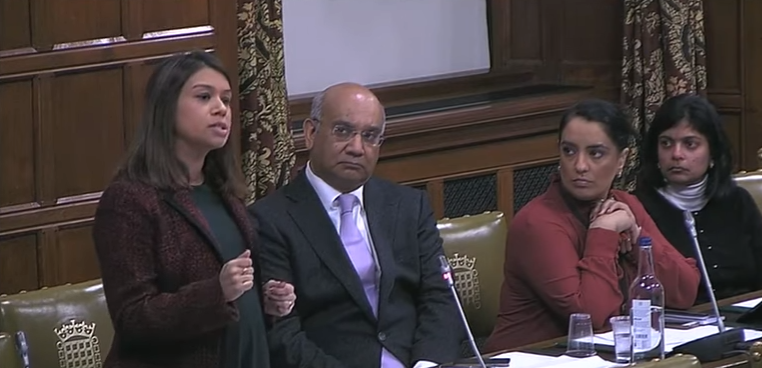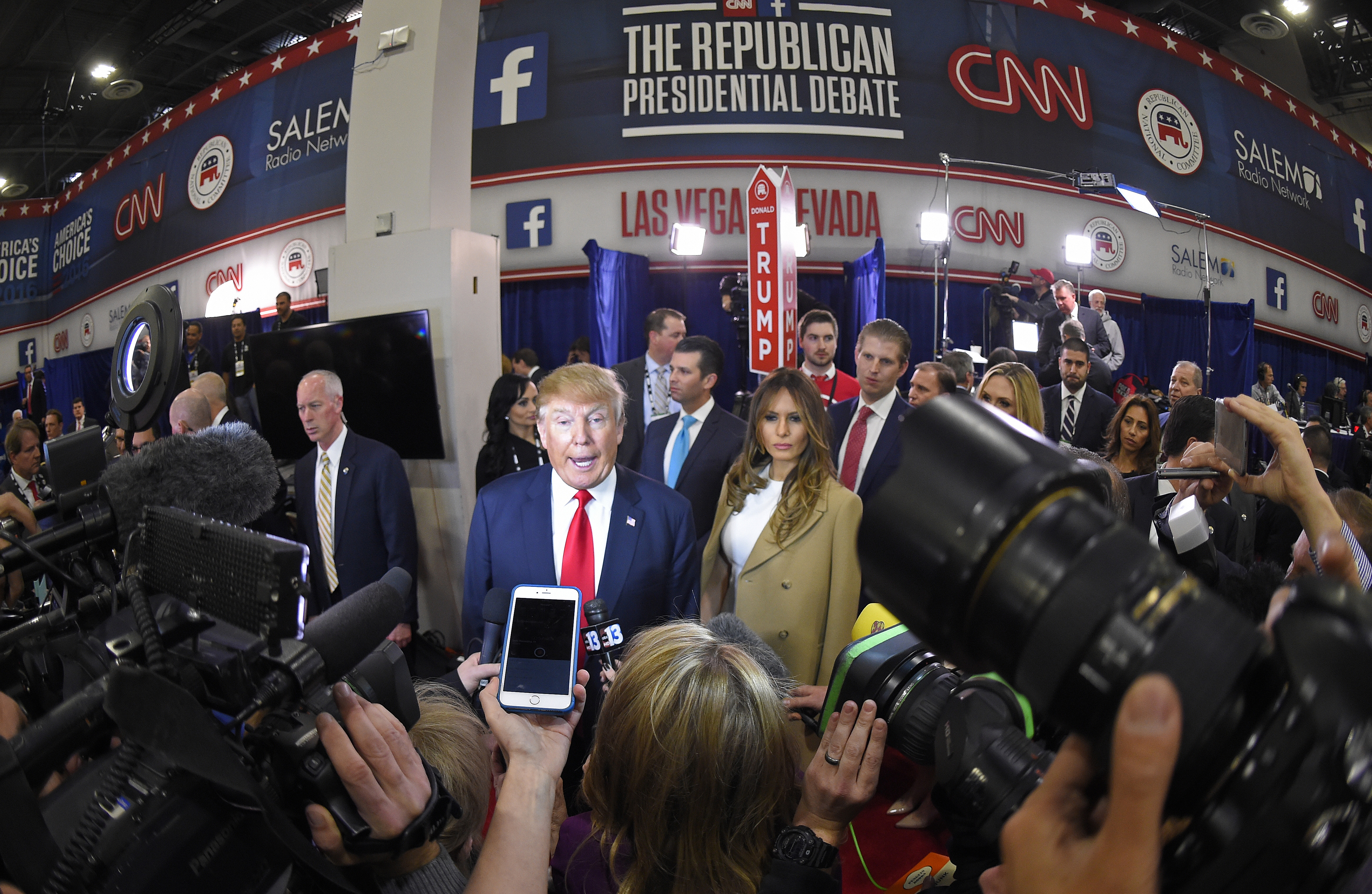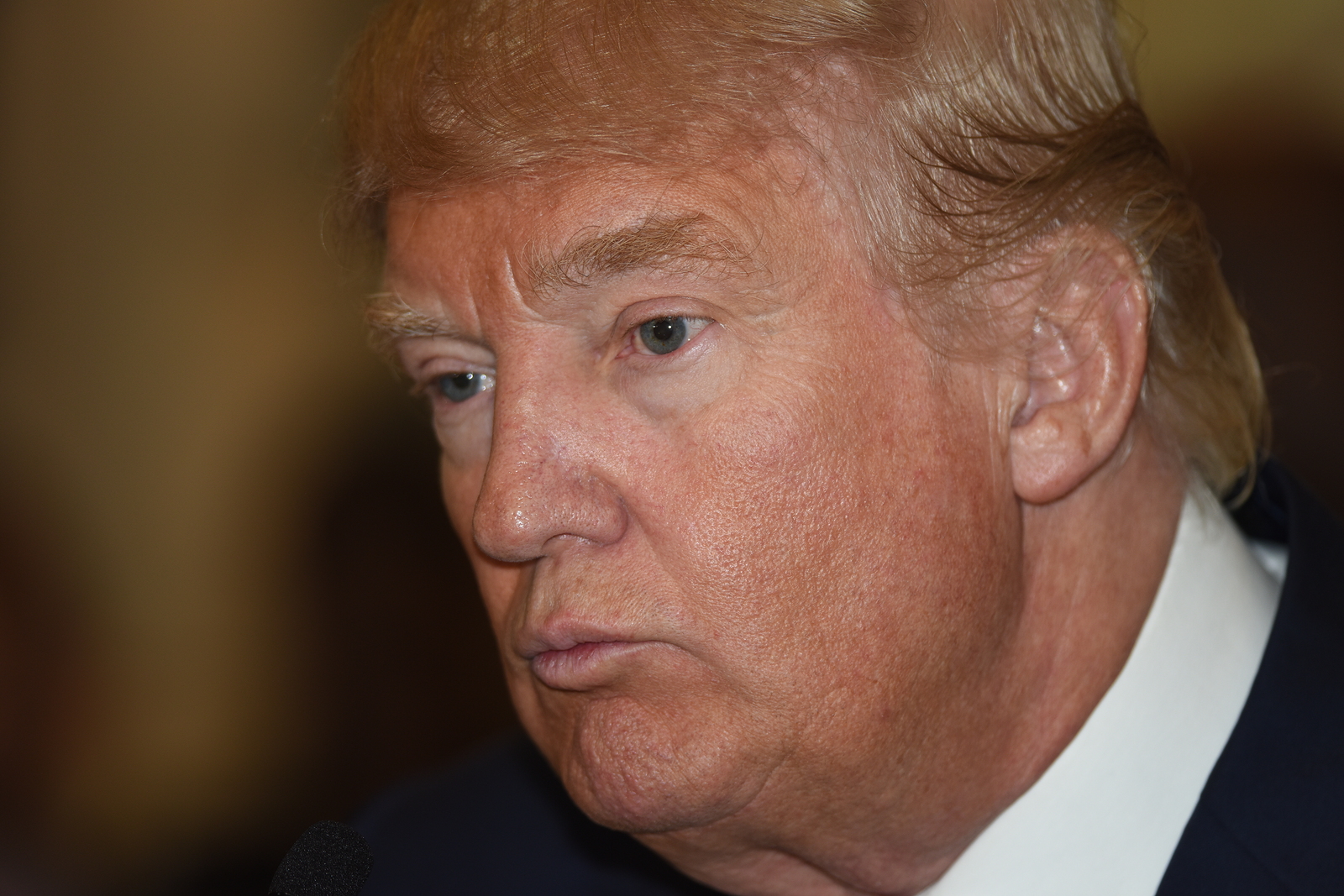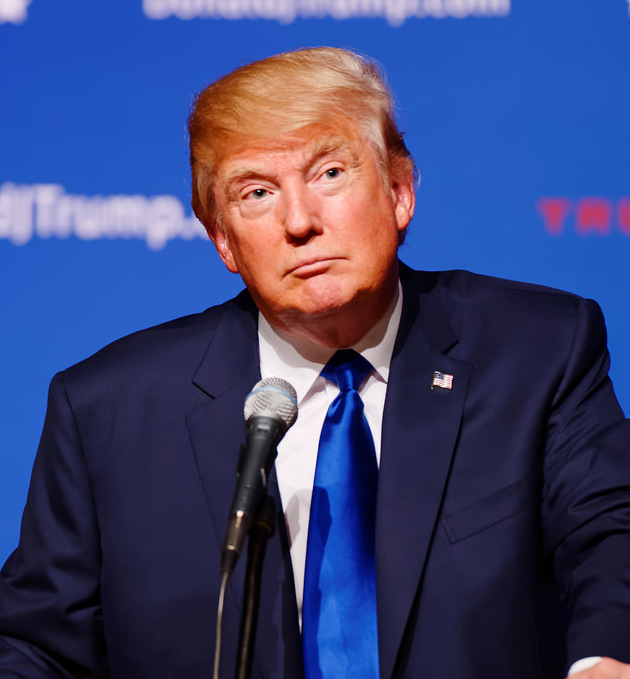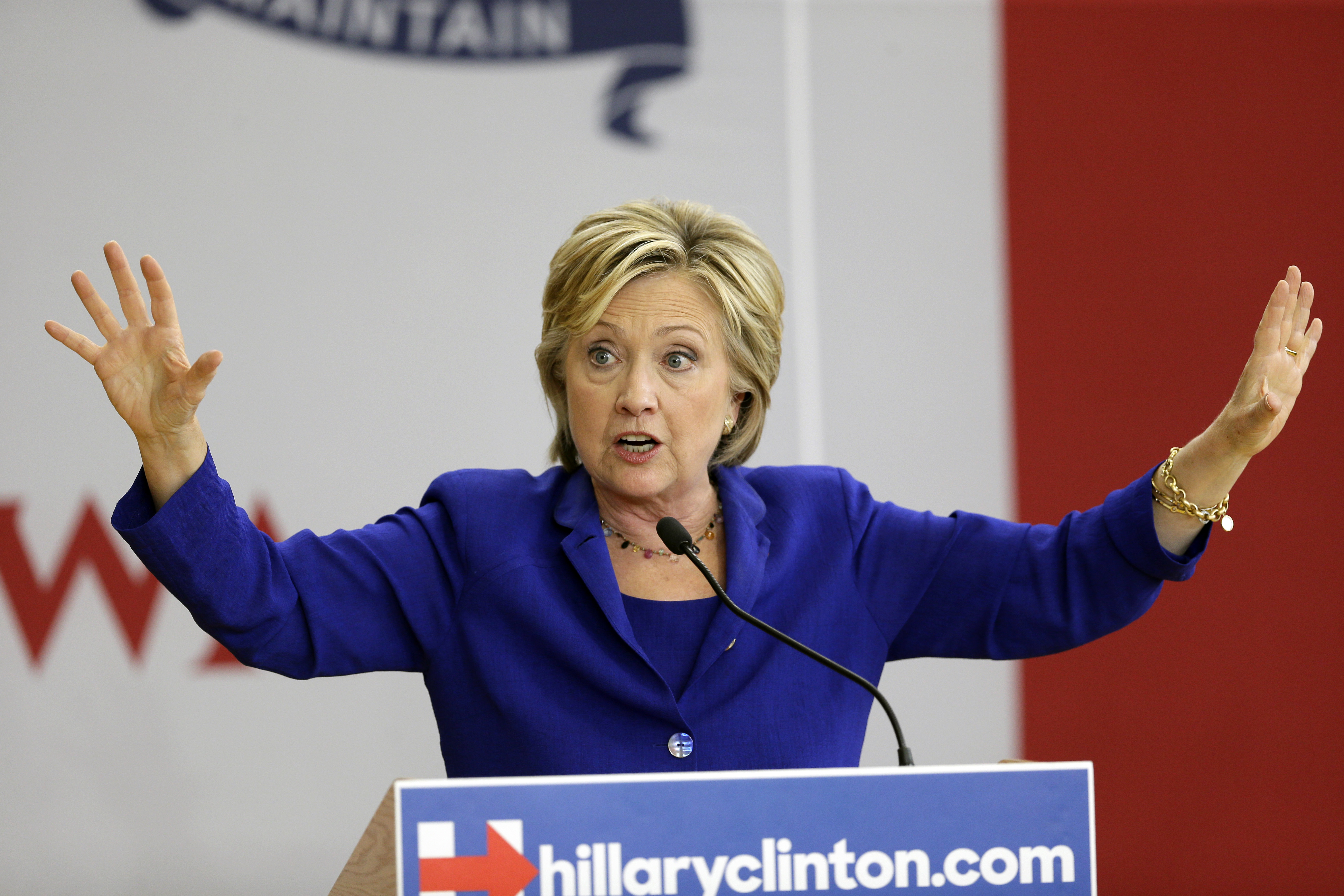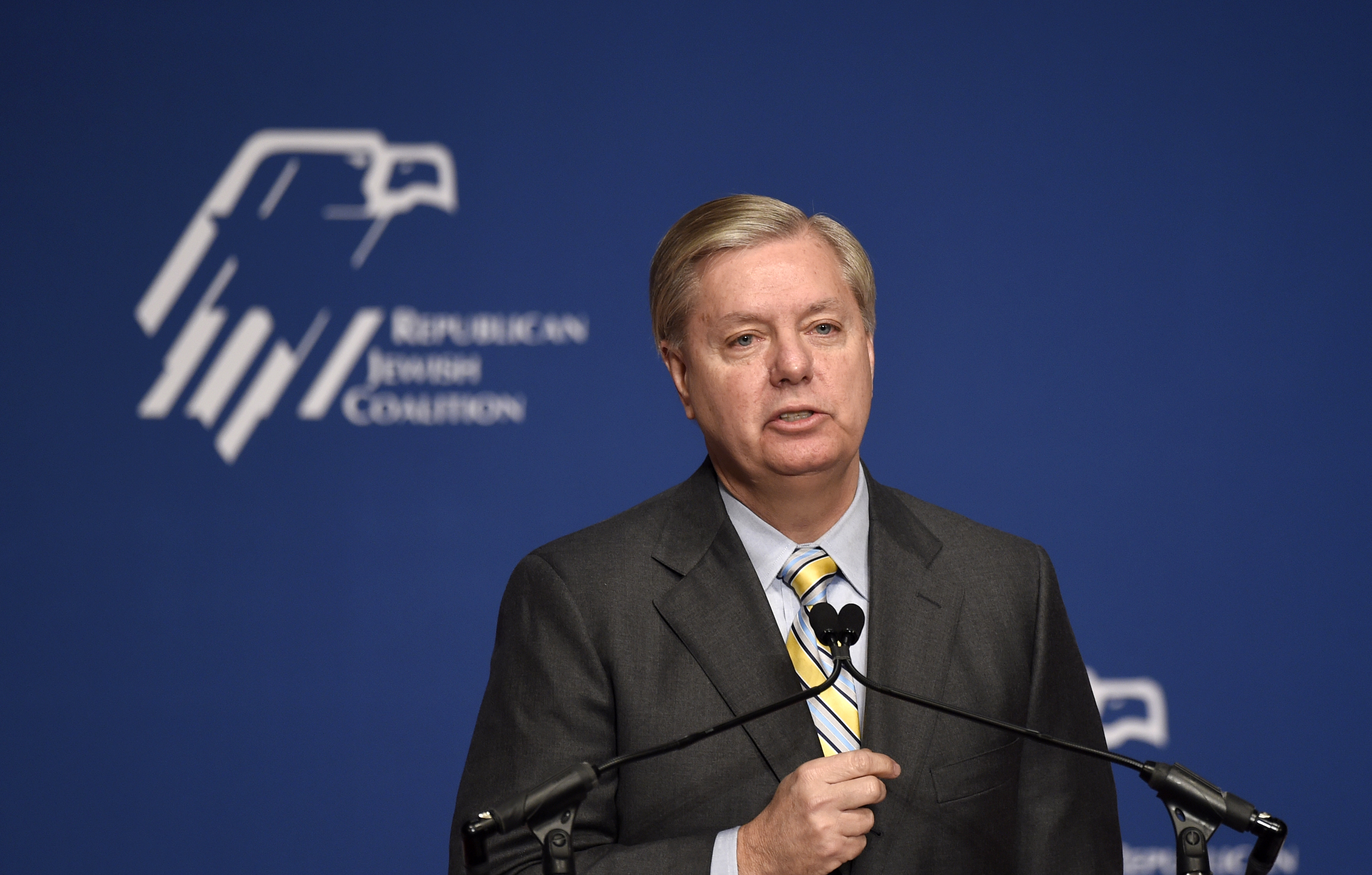Veepstakes Revisited: Possible Trump, Sanders Running Mates
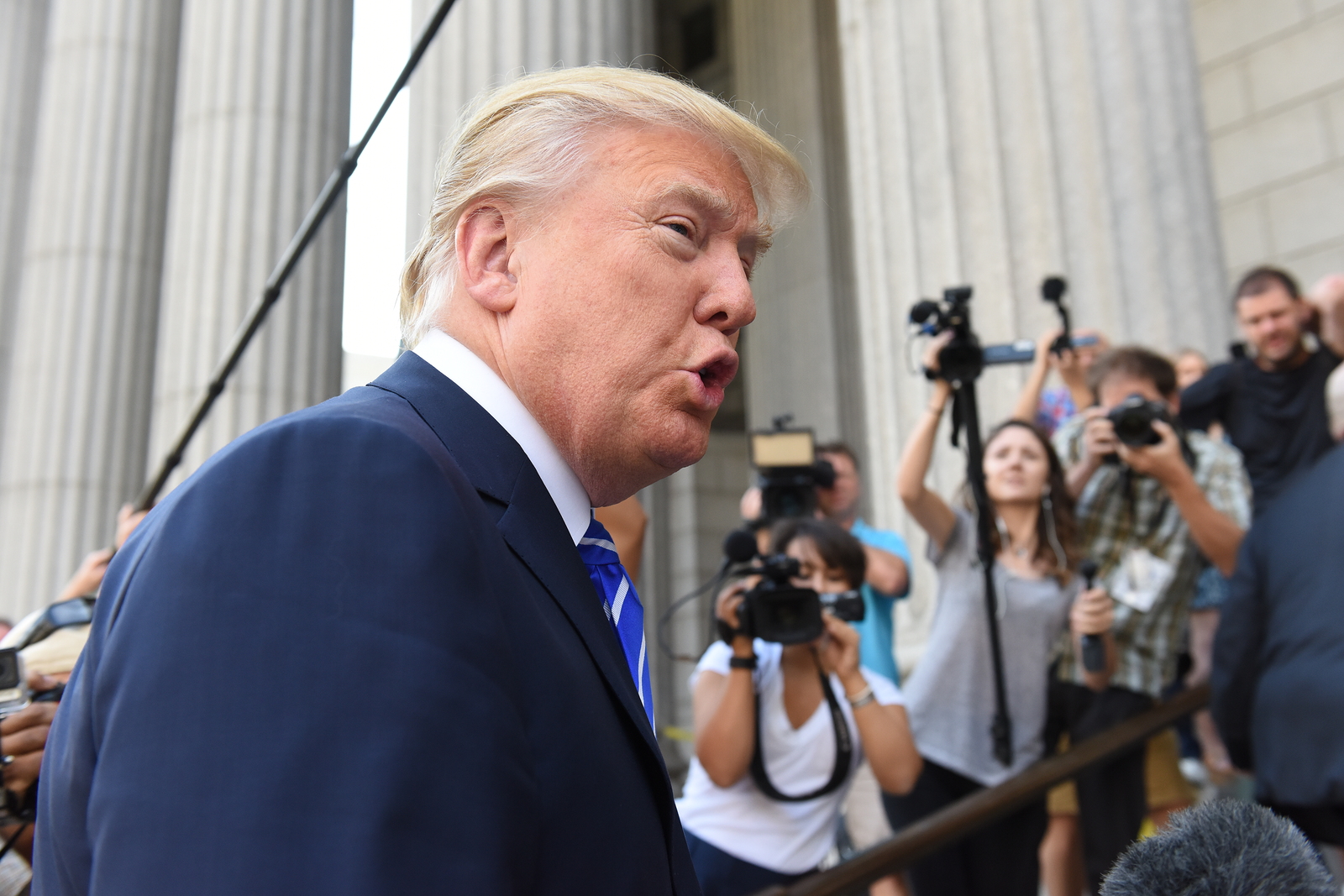
As Donald Trump has solidified his lead on the Republican presidential field and Bernie Sanders has edged past Hillary Clinton in Iowa, speculation on who might run alongside the two “outsider” candidates has taken on a new urgency.
Would Sanders tap a more mainstream Democrat to ease concerns about his far-left politics? Could Trump enlist a woman or minority candidate to put a friendlier, more inclusive face on his no-holds-barred campaign?
Here’s a look at some possible vice presidential candidates for Trump and Sanders, as well as a couple of other intriguing potential pairings.
Possible Trump Mates
Seven months ago, when the then-long-shot billionaire jumped into the GOP race and said he’d “love to have” Oprah Winfrey as his running mate, a skeptical press was quick to put together silly star-studded lists of other potential running mates, including Kim Kardashian and Chuck Norris.
Celebrity names still pop up in connection with Trump, but there have also been indications the GOP front-runner would be open to balancing his own unconventional bid for the White House with a more conventional vice presidential pick, including:
• Gov. Nikki Haley. Haley, the daughter of Indian immigrants, took a few nationally-televised jabs at Trump after the president’s State of the Union address earlier this month, saying the candidate’s fiery stump rhetoric was “irresponsible” and not helpful.
Trump, who has demonstrated a devastating ability and willingness to counter-punch critics in the GOP, the Democratic Party or the media, was relatively muted in his response, dismissing the second-term South Carolina governor as “weak on illegal immigration” in a Jan. 13 appearance on “Fox and Friends” — but stopped short of ruling out the 44-year-old Southern conservative as a running mate. “I wouldn’t say she’s off to a good start, based on what she has just said,” the GOP front-runner said. “Let’s see what happens,” Trump said.
• Former Alaska Gov. Sarah Palin, who endorsed her fellow reality television veteran last week, has also been touted as a potential member of a Trump administration. The two bonded in recent years over pizza and the Barack Obama birth certificate, and Palin even joked about Trump as her potential running mate in an appearance on Saturday Night Live last year.
• Two of Trump’s biggest challengers in the GOP field, Ben Carson and Ted Cruz, have each been mentioned as possible additions to a Trump ticket — though the increasingly heated exchanges between Cruz and Trump in the run-up to the Iowa caucuses may make that particular match-up unlikely. Still, Ronald Reagan once welcomed George H.W. Bush as his running mate despite that “voodoo economics” remark.
Potential Sanders Sidekicks
Sanders hasn’t said much about a running mate, but the Vermont senator’s excited supporters on the left are fired up about the possibility of a ticket that pairs the self-described socialist with another progressive, while Democrats who are awakening to the possibility of Sanders as the party’s nominee are thinking strategy.
• Sen. Elizabeth Warren. If there is a star on the left comparable to Sanders, it’s Elizabeth Warren, long touted as a potential presidential contender herself. The first-term Massachusetts senator has repeatedly said she has no interest in running for the presidency, but her counsel and her endorsement have been courted by each of the three Democrats vying for the nomination. So far, she’s remained on the sidelines. But in a speech on the Senate floor last week, the liberal senator sounded more like Sanders than the Democratic Party’s would-be standard-bearer, Hillary Clinton.
• Sen. Sherrod Brown. For the pragmatists in the Sanders’ camp, the 63-year-old, second-term senator makes perfect sense. Like Sanders and Warren, he’s been at the forefront of the economic inequality wars and he’s for cracking down on Wall Street. And having a sitting senator from Ohio — expected to be a crucial swing state in November — on the ticket can’t hurt. Brown has said he’s not interested in the job and already endorsed Clinton in October. But three months ago, Clinton was seen as the “inevitable” nominee. Things have changed.
Team Hillary
Clinton, trailing Sanders in the first-in-the-nation Iowa and New Hampshire contests but still the odds-on favorite to win not only the Democratic nomination but the presidency, has the deepest bench to draw from among all the candidates.
She could, some pundits have speculated, ask current Vice President Joe Biden to run with her, or even look into adding her husband, former President Bill Clinton, to the ticket (Constitutional? Maybe. Likely? No). Instead, look for Clinton, 68, to try to broaden the party’s appeal with a pick aimed at energizing Hispanics or African-Americans, like:
• Housing and Urban Development Secretary Julian Castro. The former San Antonio mayor was in Iowa on Sunday campaigning for Clinton. The 41-year-old Stanford and Harvard graduate would add youth and genuine progressive chops to Team Hillary: Castro’s mother, a longtime Hispanic activist, helped establish the political party La Raza Unida.
• Former Gov. Deval Patrick, 59, said last month he has ruled out the possibility of joining anyone’s ticket as a vice-presidential candidate, but the first African-American governor of Massachusetts remains a tantalizing possibility for some (the pairing even has its own Facebook page)
• If Clinton can’t get Biden, maybe she could get the next best thing. Sen. Tim Kaine of Virginia was reportedly a runner-up to the current vice president when Obama was making his decision on a running mate in 2008. Kaine’s fellow Virginian in the Senate, Democrat Mark Warner, is also regularly touted as a potential candidate.


